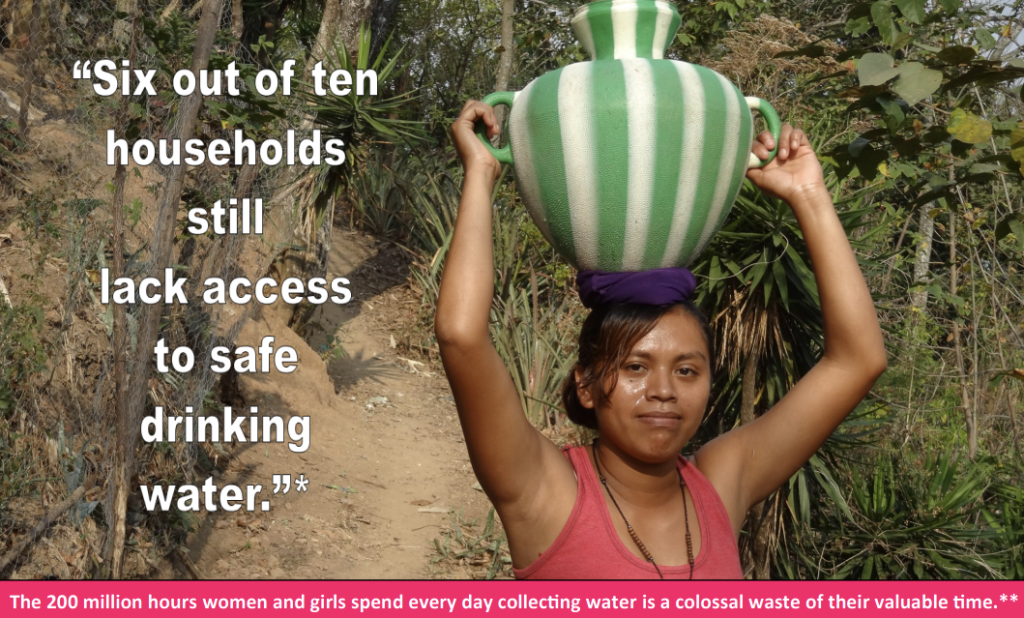
Women Raising Their Voices to Shape a New Water Law
Current Situation and Challenges
In Guatemala, six out of ten households lack access to safe drinking water.
For more than five decades, successive governments have attempted to introduce a National Water Law in Congress. Despite these efforts, the legislation has never been passed. Over the years, civil society organizations and community groups have continued to voice their perspectives, insisting that any new water law must guarantee that water is respected and protected as an environmental, spiritual, economic, cultural, and community resource.
Today, the national government has reopened this conversation through a nationwide consultation process aimed at developing and adopting a law to govern the equitable use of water. In response, women leaders from the communities where Project Harvest works came together in two regional workshops to contribute their views to this important national dialogue.
The women spoke passionately about how the lack of water threatens the health and survival of their children and families. They highlighted how climate change has worsened the crisis — intensifying droughts, floods, deforestation, and soil infertility, while delaying rainy seasons and reducing yields of staple crops like maize and beans.
Women’s Proposals
At the conclusion of the consultations, the women developed ten key recommendations to be incorporated into Guatemala’s new water law. Among the most significant are:
- Implement policies and programs to promote rainwater harvesting for household and agricultural use.
- Recognize women’s rights to water access and use without imposing economic burdens on Indigenous and non-Indigenous families, ensuring availability for domestic, productive, and recreational purposes.
- Enforce environmental justice against individuals and corporations that damage natural ecosystems.
- Strengthen regulation of private companies’ water use, ensuring accountability based on production levels.
- Prohibit the monopolization of rivers by hydroelectric companies, safeguarding communities’ free and legitimate access to water as a non-commercial resource.
- Support forest conservation and reforestation as a national and civic responsibility.
Next Steps
The discussions and proposals emerging from these workshops represent an important step toward ensuring that rural women’s voices are heard in shaping Guatemala’s national water policy.
Through continued advocacy and collaboration, Project Harvest and its women leaders aim to help build a legal framework that recognizes water not as a commodity, but as a shared right — essential to life, dignity, and the well-being of all communities.
